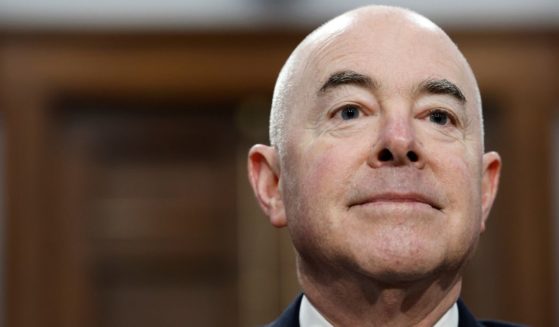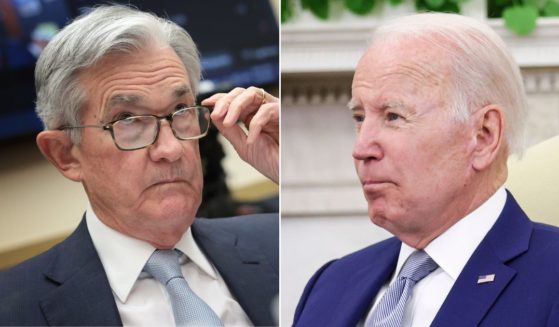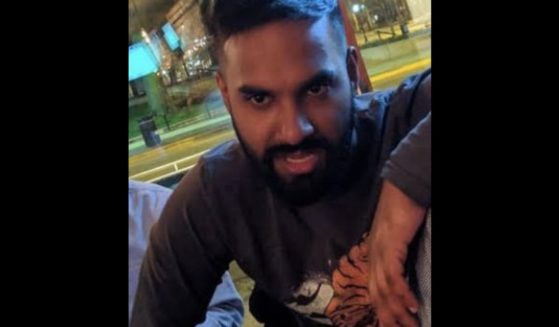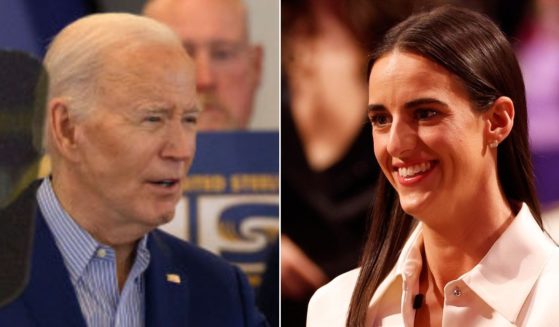Democrats grapple with fully embracing Medicare for All
MASON CITY, Iowa (AP) — A half-dozen presidential candidates back “Medicare for All,” a proposal that would put the government in charge of most health benefits. But some of the Democrats they’re courting aren’t sure that the nation’s health care system should be overhauled so dramatically.
After watching Massachusetts Sen. Elizabeth Warren, a Medicare for All supporter, speak in a packed northeast Iowa tavern, 67-year-old Connie Suby said she backed the ambitious proposal as an ultimate goal. But she cautioned that “we’re not ready for that as a country,” urging “baby steps” that keep private health insurance in place.
“Give people the option,” she said.
Suby is among the Democratic voters concerned that such a major remodeling of America’s health care infrastructure might be too big of a leap for their party’s next president. While polls suggest Democrats like the idea of Medicare for All, it’s not clear that they’re sold on an abrupt shift away from private insurance. In more than two dozen interviews across three early-voting states, most Democratic voters told The Associated Press that they’re open to a more incremental approach toward single-payer health care that starts with making government-run insurance available to more people — such as a publicly funded health plan that Americans could choose as an alternative to their employer-sponsored plan.
That explains the complicated dance Warren and others, including Sens. Kamala Harris of California, Cory Booker of New Jersey and Kirsten Gillibrand, are performing as they balance their support for single-payer with rhetorical room for private insurance companies to still play a role in the system. Warren told a voter at a Virginia town hall on Thursday that it’s not “inconsistent” to pursue Medicare for All as well as smaller steps to get there, such as lowering the age for Medicare eligibility.
Other candidates have simply spurned Medicare for All. Former Vice President Joe Biden has called for the expansion of Medicare as an option for Americans of all ages to buy into “whether you’re covered through your employer or on your own or not.” Former Texas Rep. Beto O’Rourke touts “Medicare for America,” which would automatically provide government-run insurance to those who don’t get it through their jobs.
Only Bernie Sanders, the author of the Senate’s Medicare for All bill, is solely focused on single-payer as a way to “fully solve the health care crisis,” an approach his team thinks adds to his progressive bona fides.
The Vermont senator’s legislation would set up a four-year transition to government-run care for almost all health treatments, free of premiums or deductibles, with private insurance available as a supplement. Warren, Harris, Booker and Gillibrand have been less clear on how they would treat private insurers under a Medicare for All system, and each has supported more incremental steps to increase access to care.
Despite enthusiasm from many progressives for Medicare for All, it’s unclear whether Democratic primary voters will choose a nominee based on a single-minded commitment to ending private health insurance. Chris Jeffrey, a 55-year-old grocery manager from Clive, Iowa, praised Sanders for having “pushed the debate” toward the most far-reaching health care vision. But even though Jeffrey caucused for Sanders in 2016, he said he’s open to Biden or Warren as well. While health care is a top issue for him, he doesn’t favor one candidate’s approach over another’s.
President Donald Trump and the GOP have used Medicare for All as a cudgel in their battle to paint the Democratic agenda as too extreme for most voters. The White House blasted Sanders’ bill last month in a statement predicting it would “cripple our economy and future generations with unprecedented debt.”
Liberal activists working to build support for single-payer are under no illusions about the difficulty of the task ahead of them, particularly given Republican and industry-backed efforts to tar government-run health care as a costly boondoggle. Congressional Democratic leaders are also not yet on board, with House Speaker Nancy Pelosi publicly focused on protecting the Affordable Care Act from Trump-backed efforts to kill it.
“We’re talking about Medicare for All as the policy that’s going to be implemented in 2021,” Jennifer Flynn Walker, senior director of mobilization and advocacy at the progressive Center for Popular Democracy, said in an interview. “We’ll have a new president, and by that time we’ll have done the work so you can’t be a sitting president and not have committed to the idea.”
Laying that groundwork with the Democratic electorate would seem to start with voters like 61-year-old Trudy Rand. The longtime New Hampshire nurse urged policymakers to “seize the day” and push for Medicare for All, adding that “the system is broken.”
But when asked to weigh Sanders’ strategy against a more incremental approach, Rand said it wasn’t a make-or-break issue. “I wouldn’t not vote for somebody because they weren’t going Medicare for All,” she said.
Single-payer health care advocates often point to polling that shows the majority of Americans supporting Medicare for All, though surveys also point to higher levels of support for more incremental changes that would allow for a choice between government-run and private insurance.
While 56% of respondents favored Medicare for All in January polling from the nonprofit Kaiser Family Foundation, up from just 40% between 2002 and 2004, the popularity of optional buy-ins to Medicare and Medicaid were significantly higher, at 74% and 75%, respectively.
“Once the fur begins to fly and arguments for or against the plan are made, in what would be a debate unlike any we’ve ever seen in health . we don’t know what the outcome of that will be,” Kaiser president Drew Altman said in an interview. “And so, no one should mistake current levels of support or opposition with what they might be if there was debate about a real proposal.”
To be sure, several voters said they’d prefer to see Sanders’ single-payer system become a reality.
Lemuel Anderson, a 24-year-old resident of Ames, Iowa, said he’s deciding between Sanders and Warren and health care is one of the issues tipping him toward Sanders. That Warren has left the door open to preserving some form of private insurance after a transition to Medicare for All was a problem for him.
“I think that currently it is about profit when it comes to health care and that’s something that people need, so it shouldn’t be about profit,” Anderson said. “And if you keep private insurance that will continue to be the case.”
___
Woodall reported from Raymond, N.H., and Jaffe reported from Clive, Iowa. Associated Press writer Meg Kinnard in Columbia, S.C., contributed reporting.
The Western Journal has not reviewed this Associated Press story prior to publication. Therefore, it may contain editorial bias or may in some other way not meet our normal editorial standards. It is provided to our readers as a service from The Western Journal.
Truth and Accuracy
We are committed to truth and accuracy in all of our journalism. Read our editorial standards.












